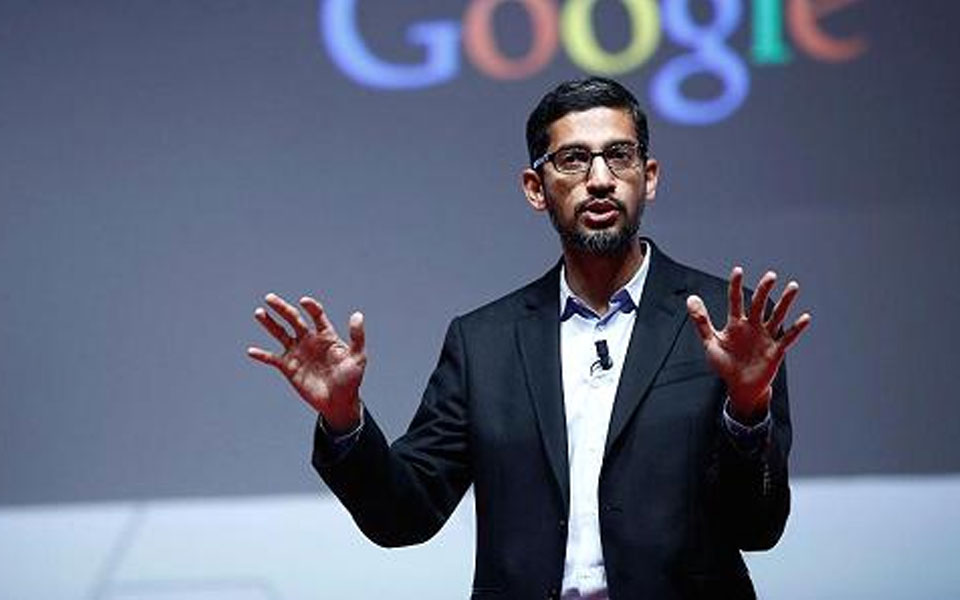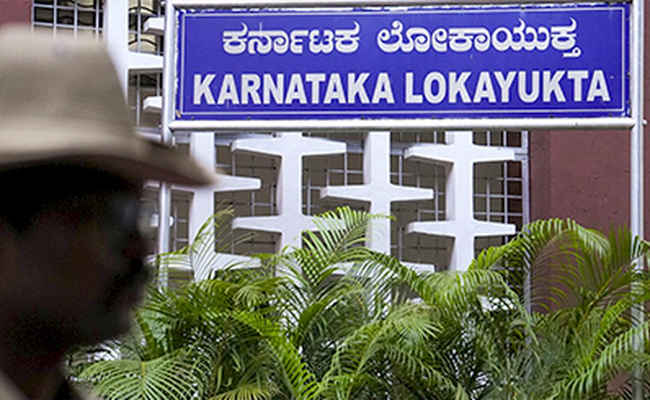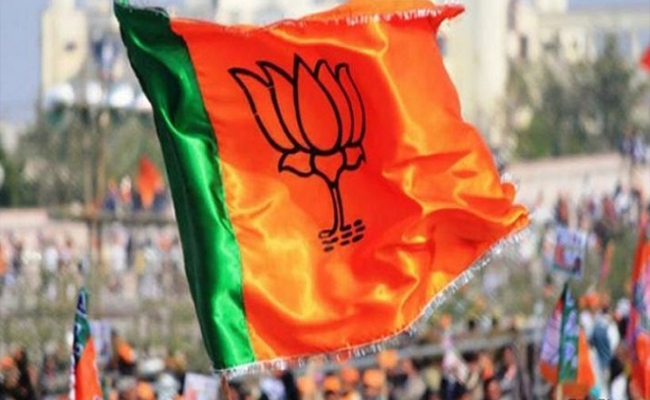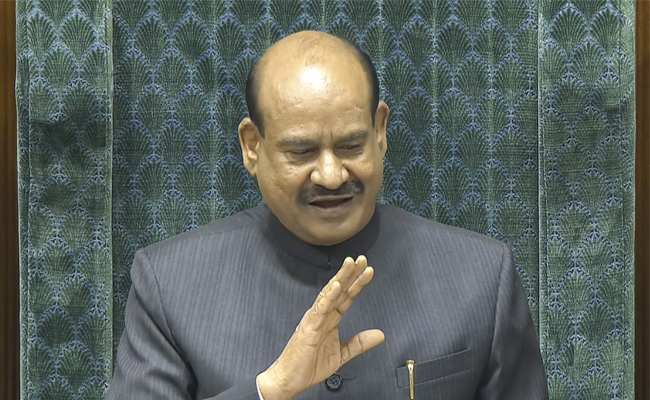San Francisco, June 8 : After facing backlash over its involvement in an Artificial Intelligence (AI)-powered Pentagon project "Maven", Google CEO Sundar Pichai has enphasised that the company will not work on technologies that cause or are likely to cause overall harm.
About 4,000 Google employees had signed a petition demanding "a clear policy stating that neither Google nor its contractors will ever build warfare technology".
Following the anger, Google decided not to renew the "Maven" AI project with the US Defence Department after it expires in 2019.
"We will not design or deploy AI in weapons or other technologies whose principal purpose or implementation is to cause or directly facilitate injury to people," Pichai said in a blog post late Thursday.
"We will not pursue AI in "technologies that gather or use information for surveillance violating internationally accepted norms," the Indian-born CEO added.
"We want to be clear that while we are not developing AI for use in weapons, we will continue our work with governments and the military in many other areas like cybersecurity, training, military recruitment, veterans' healthcare, and search and rescue," Pichai noted.
Google will incorporate its privacy principles in the development and use of its AI technologies, providing appropriate transparency and control over the use of data, Pichai enphasised.
In a blog post describing seven "AI principles", he said these are not theoretical concepts but "concrete standards that will actively govern our research and product development and will impact our business decisions".
"How AI is developed and used will have a significant impact on society for many years to come. As a leader in AI, we feel a deep responsibility to get this right," Pichai posted.
Google will strive to make high-quality and accurate information readily available using AI, while continuing to respect cultural, social, and legal norms in the countries where it operates.
"We will seek to avoid unjust impacts on people, particularly those related to sensitive characteristics such as race, ethnicity, gender, nationality, income, sexual orientation, ability, and political or religious belief," Pichai noted.
Pichai said Google will design AI systems to be appropriately cautious, and seek to develop them in accordance with best practices in AI safety research.
"We will design AI systems that provide appropriate opportunities for feedback, relevant explanations, and appeal. Our AI technologies will be subject to appropriate human direction and control," he added.
Let the Truth be known. If you read VB and like VB, please be a VB Supporter and Help us deliver the Truth to one and all.
Bengaluru (PTI): The Lokayukta on Thursday conducted simultaneous raids at the premises of several government officials across different districts of Karnataka in connection with alleged possession of disproportionate assets, officials said.
The searches were carried out at multiple locations linked to officials working in various government departments in districts including Bengaluru, Mandya, Dharwad, Hassan, Mysuru, Vijayapura and Yadgir, among others, they said.
According to Lokayukta officials, the raids targeted officials holding posts such as Assistant Executive Engineer, Junior Engineer, Deputy Electrical Inspector and Taluk Backward Classes Welfare Officer.
ALSO READ: More than 1,200 booked for drunk driving during Holi celebrations in Delhi
Among those raided was Assistant Executive Engineer M C Satyanarayana of the Hassan Municipal Corporation.
High drama unfolded during the raid at Satyanarayana’s residence in Hassan, where Lokayukta officials were forced to wait outside the house for more than an hour before gaining access as the door was not opened, sources said.
When Satyanarayana failed to respond to requests to open the gate, officials attempted to enter the house by climbing to the first floor.
In another case, officials conducted searches at the residence of Chief Engineer Vasantappa Nayak of Karnataka Rural Infrastructure Development Limited located in Akshaya Colony in Hubballi, sources said.
Currently serving in Bengaluru, Nayak had been transferred from Hubballi to Bengaluru in April last year. Officials are carrying out searches at his residence in Akshaya Colony, they said.
The raids were conducted by multiple teams of Lokayukta officials early in the morning at the residences and offices of the suspects following complaints regarding disproportionate assets.





